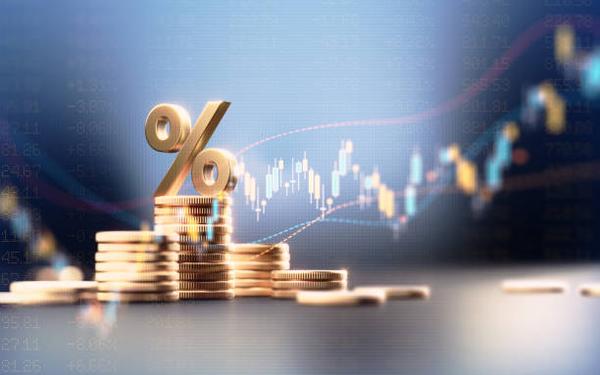Artificial intelligence (AI) has revolutionized the way businesses operate in various industries, including finance and trading. AI-powered tools and algorithms have enabled traders to make better decisions, analyze data more efficiently, and predict market trends with greater accuracy. One such tool that has gained popularity in recent years is the AI chain trader.
The AI chain trader is a sophisticated trading system that uses machine learning algorithms to automate the trading process. It can analyze vast amounts of data in real-time, identify patterns and trends, and execute trades without human intervention. This technology has been widely adopted by hedge funds, investment banks, and other financial institutions to improve their trading strategies and increase profits.
One of the key advantages of using an AI Chain Trader is its ability to process large volumes of data quickly and accurately. Traditional trading methods rely on manual analysis of market information, which can be time-consuming and prone to errors. With AI-powered tools, traders can access real-time data from multiple sources, analyze it instantly, and make informed decisions based on the most up-to-date information available.
In addition to speed and accuracy, AI chain traders also offer enhanced risk management capabilities. These systems are programmed to monitor market conditions continuously and adjust trading strategies accordingly to minimize losses or maximize profits. By incorporating risk management protocols into their algorithms, traders can reduce their exposure to market volatility and protect their investments against unexpected events.
1. High-Frequency Trading: One common use case for AI chain traders is high-frequency trading (HFT). In this strategy, algorithms are designed to execute trades at lightning speed based on predefined criteria such as price movements or volume spikes. By leveraging machine learning models to predict market trends accurately, HFT firms can capitalize on short-term fluctuations in asset prices and generate significant profits within milliseconds.
2. Portfolio Optimization: Another application of AI chain traders is portfolio optimization. By analyzing historical data sets and identifying correlations between different assets’ performance metrics , these systems can help investors diversify their portfolios effectively while maximizing returns . For example , an algorithm may recommend allocating more capital towards high-performing stocks while reducing exposure to underperforming assets based on predictive analytics .
3 . Sentiment Analysis : Some AI chain traders incorporate sentiment analysis techniques into their algorithms to gauge public opinion about specific stocks or markets . By analyzing social media feeds , news articles ,and other sources of information , these systems can detect shifts in investor sentiment and adjust trading strategies accordingly to capitalize on emerging opportunities or mitigate risks .
Overall ,the adoption of AI Chain Traders continues to grow as financial markets become increasingly complex and competitive .By leveraging advanced technologies like artificial intelligence ,traders can gain a significant edge over traditional methods and achieve superior results in today’s dynamic marketplace .




